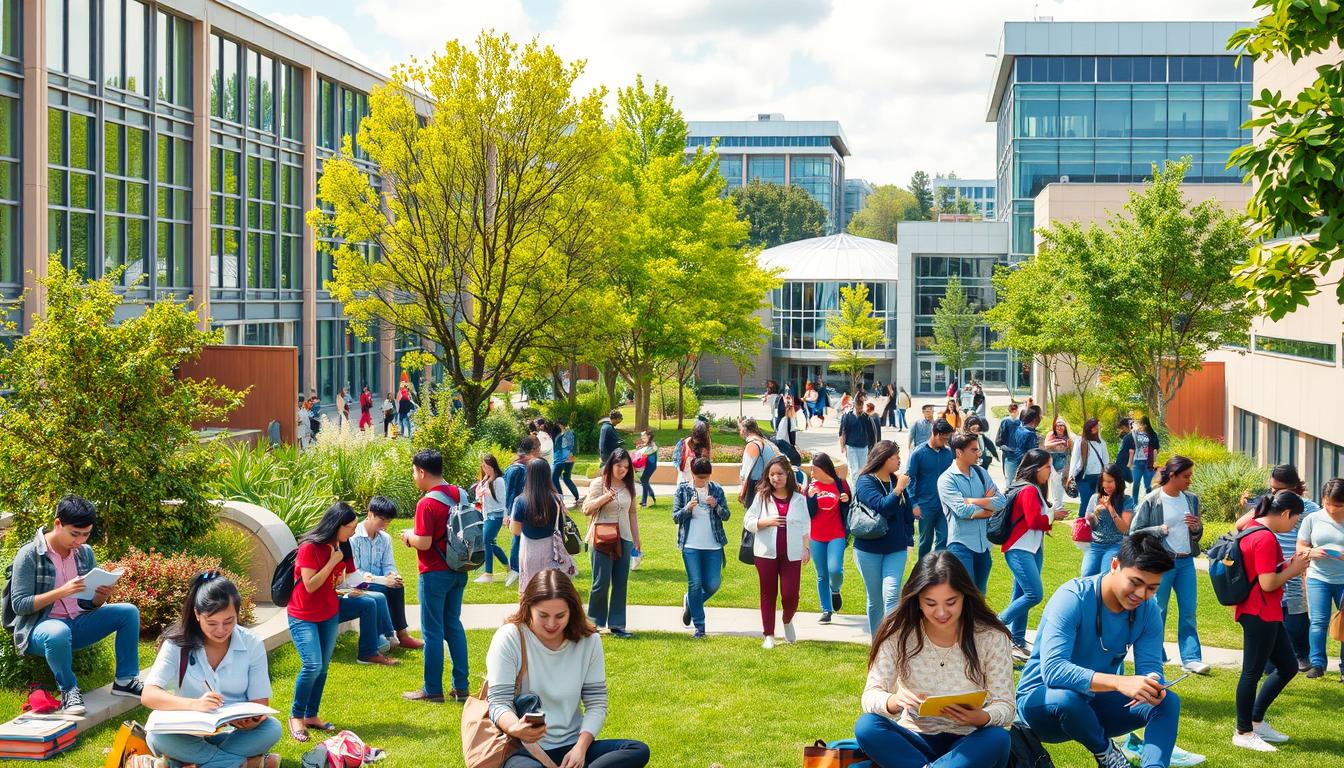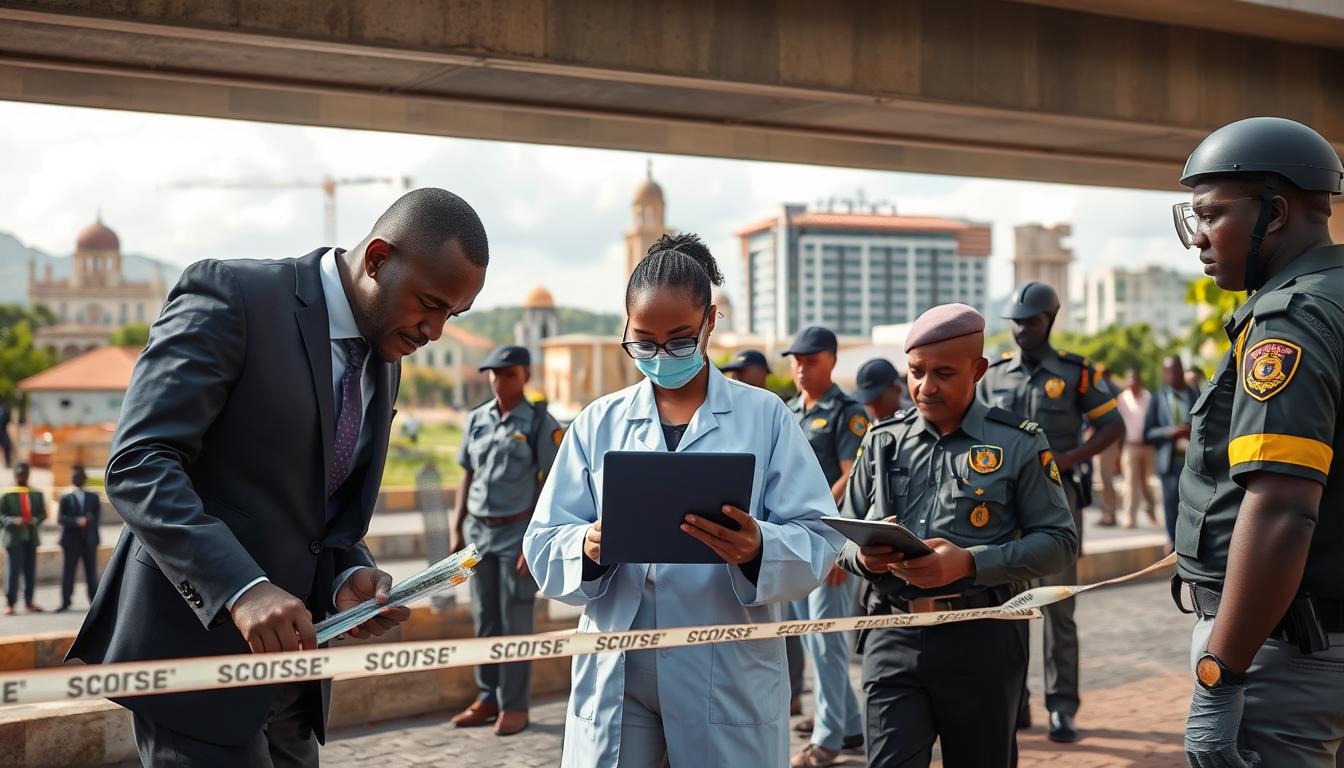Numerous medical courses at different levels, including certificates, diplomas, and degrees, are available in Kenya.
There are many employment options in the healthcare industry thanks to these highly competitive and marketable courses.
The best medical schools in Kenya are listed here, along with the prerequisites for admission.
Table of Contents
Why Study Medical Courses in Kenya?
- High Demand for Medical Professionals: Kenya’s healthcare sector faces a shortage of qualified professionals, ensuring job security and a stable career path for medical graduates.
- Wide Range of Opportunities: From nursing to pharmacy, medical courses offer diverse career paths with opportunities for specialization.
- Competitive Salaries: Medical professionals often enjoy above-average pay and benefits.
- Contribution to Society: A healthcare career provides the satisfaction of improving lives and serving communities.
Popular Medical Courses in Kenya
1. Diploma in Clinical Medicine and Surgery
- Duration: 3 years
- Description: Prepares students to diagnose, treat, and manage common medical conditions. Clinical officers work under doctors in healthcare facilities.
- Requirements:
- Minimum KCSE grade of C (plain)
- C in English, Kiswahili, Biology, and Chemistry
- C- in Mathematics or Physics
2. Bachelor of Medicine and Bachelor of Surgery (MBChB)
- Duration: 6 years
- Description: The most comprehensive program for becoming a licensed doctor. Graduates diagnose and treat complex conditions, conduct surgeries, and specialize in various medical fields.
- Requirements:
- Minimum KCSE grade of A or B+
- A- in Biology and Chemistry
- B+ in Mathematics, Physics, or English
3. Diploma in Nursing
- Duration: 3 years
- Description: Trains students to provide nursing care, assist in surgeries, and offer patient support. Graduates become Registered Nurses (RNs).
- Requirements:
- Minimum KCSE grade of C (plain)
- C in English, Kiswahili, Biology, and Chemistry
- C- in Mathematics or Physics
4. Bachelor of Science in Nursing (BScN)
- Duration: 4 years
- Description: Offers advanced training in nursing, including leadership, research, and specialized care. Graduates take on roles in hospitals, community health, and academia.
- Requirements:
- Minimum KCSE grade of C+
- C+ in English, Biology, and Chemistry
- C in Mathematics or Physics
5. Diploma in Pharmacy
- Duration: 3 years
- Description: Focuses on pharmaceutical practices, including preparing and dispensing medications, and advising patients on proper usage.
- Requirements:
- Minimum KCSE grade of C (plain)
- C in English, Kiswahili, Biology, and Chemistry
- C- in Mathematics or Physics
6. Bachelor of Pharmacy (BPharm)
- Duration: 5 years
- Description: Provides in-depth training on the science of medicine, drug formulation, and pharmaceutical research. Graduates work as licensed pharmacists in hospitals, pharmacies, or research labs.
- Requirements:
- Minimum KCSE grade of C+
- B in Biology and Chemistry
- C+ in Mathematics, Physics, or English
7. Certificate in Health Records and Information Technology
- Duration: 2 years
- Description: Teaches students to manage patient records, hospital databases, and health information systems.
- Requirements:
- Minimum KCSE grade of C- (minus)
- C- in English, Kiswahili, Biology, and Mathematics
8. Diploma in Medical Laboratory Technology
- Duration: 3 years
- Description: Trains students in laboratory procedures, such as testing and analyzing samples to assist in medical diagnosis.
- Requirements:
- Minimum KCSE grade of C (plain)
- C in Biology, Chemistry, English, and Mathematics
Top Medical Colleges and Universities in Kenya
1. University of Nairobi (UoN)
- Programs: Medicine, Nursing, Pharmacy, Public Health
- Specialization: Offers world-class training facilities and research opportunities for medical students.
2. Kenyatta University (KU)
- Programs: Medicine, Nursing, and Public Health
- Unique Feature: Known for its comprehensive curriculum and modern teaching hospital.
3. Moi University School of Medicine
- Programs: Clinical Medicine, Surgery, Nursing
- Reputation: Renowned for producing skilled medical professionals for the Kenyan healthcare system.
4. Kenya Medical Training College (KMTC)
- Programs: Nursing, Clinical Medicine, Pharmacy, Public Health
- Specialization: Offers diplomas and certificates in various medical fields across multiple campuses.
5. Egerton University
- Programs: Medicine and Surgery, Nursing
- Unique Feature: Provides hands-on clinical training and exposure to rural healthcare systems.
6. Mount Kenya University (MKU)
- Programs: Nursing, Clinical Medicine, Health Records
- Specialization: Offers affordable yet quality training with flexible learning options.
General Requirements for Medical Courses in Kenya
While specific requirements vary by program and institution, here are the general guidelines:
- KCSE Grade: Minimum grades range from C- to A depending on the course.
- Core Subjects: Strong performance in Biology, Chemistry, Mathematics, English, or Physics is essential.
- Additional Tests: Some universities may require entrance exams or interviews.
How to Choose the Right Medical Course
- Identify Your Career Goals: Decide whether you prefer direct patient care, laboratory work, or administrative roles.
- Assess Your Strengths: Choose a course that matches your academic strengths and interests.
- Consider Market Demand: Opt for courses with high job demand in Kenya, such as nursing, pharmacy, and laboratory technology.
- Research Institutions: Enroll in accredited institutions with a strong reputation in medical training.
Conclusion
Medical degrees in Kenya provide tremendous employment options, but picking the correct curriculum and school is crucial. Students can start a rewarding career in the healthcare industry and help meet Kenya’s increasing need for skilled medical personnel with the right preparation and research.
There is a medical program in Kenya that may be customized to meet your goals, regardless of your interest in clinical, nursing, or administrative responsibilities.
FAQ
1. What are the most marketable medical courses in Kenya?
The most marketable medical courses in Kenya include:
Bachelor of Medicine and Bachelor of Surgery (MBChB)
Bachelor of Science in Nursing (BScN)
Diploma in Clinical Medicine and Surgery
Diploma in Pharmacy
Diploma in Medical Laboratory Technology
These courses have high demand due to the growing need for healthcare professionals in Kenya.
2. What are the general requirements for medical courses in Kenya?
The general requirements depend on the level of study:
Certificate courses: Minimum KCSE grade of C- (minus).
Diploma courses: Minimum KCSE grade of C (plain) with specific subject requirements like Biology and Chemistry.
Degree courses: Minimum KCSE grade of C+ with strong grades in Biology, Chemistry, and Mathematics or Physics.
3. How long do medical courses in Kenya take?
The duration varies based on the program:
Certificate courses: 1-2 years
Diploma courses: 3 years
Degree courses: 4-6 years (e.g., Bachelor of Medicine takes 6 years)
4. Which are the top colleges offering medical courses in Kenya?
Top institutions include:
University of Nairobi
Kenyatta University
Moi University School of Medicine
Kenya Medical Training College (KMTC)
Egerton University
Mount Kenya University
5. What is the cost of studying medical courses in Kenya?
Tuition fees vary by institution and course level:
Certificate programs: KSh 20,000 – KSh 50,000 per semester
Diploma programs: KSh 30,000 – KSh 70,000 per semester
Degree programs: KSh 100,000 – KSh 500,000 per year (public universities are generally cheaper).
6. Are medical courses in Kenya government-sponsored?
Yes, public universities and some colleges like KMTC offer government sponsorship for medical courses under the Kenya Universities and Colleges Central Placement Service (KUCCPS). This reduces tuition costs for eligible students.
7. What are the career opportunities for medical graduates in Kenya?
Graduates can work in:
Hospitals and clinics (public and private)
Research institutions
Pharmaceutical companies
NGOs and community health programs
Teaching and academia
8. Is a diploma in nursing marketable in Kenya?
Yes, nursing is highly marketable. Registered nurses are in demand in both urban and rural areas. A diploma in nursing also provides a pathway to further studies, such as a Bachelor of Science in Nursing (BScN).
9. Can I pursue a medical degree if I have a diploma?
Yes, many universities offer credit transfer programs that allow diploma holders to enroll in degree courses in the same or related fields.
10. What are the entry requirements for Bachelor of Medicine and Surgery (MBChB)?
Minimum KCSE grade of A or B+
A- in Biology and Chemistry
B+ in Mathematics, Physics, or English
Some universities may also require applicants to pass an entry exam or interview.
11. Are online medical courses available in Kenya?
While most medical courses require practical training, some theoretical components (e.g., public health or health records) are offered online. However, hands-on courses like clinical medicine or nursing are not fully available online.
12. What certifications are required after completing medical studies?
Graduates in healthcare must register with relevant professional bodies before practicing, such as:
Kenya Medical Practitioners and Dentists Council (KMPDC)
Nursing Council of Kenya (NCK)
Pharmacy and Poisons Board (PPB)
Clinical Officers Council (COC)
13. What short medical courses are available in Kenya?
Short courses include:
Emergency Medical Technician (EMT) training
Certificate in First Aid
HIV/AIDS Counseling and Testing
Health Records and Information Technology
These programs are ideal for individuals seeking quick entry into healthcare.
14. Can international students enroll in medical courses in Kenya?
Yes, many universities and colleges accept international students. Requirements include equivalent academic qualifications, valid identification, and in some cases, proof of English proficiency.
15. What is the job market like for medical professionals in Kenya?
The healthcare sector in Kenya is growing, and there is a high demand for skilled professionals. However, rural and underserved areas often have more job opportunities compared to urban centers.
16. What is the difference between diploma and degree courses in medicine?
Diploma courses are shorter (3 years), focused on practical skills, and lead to entry-level roles.
Degree courses are longer (4-6 years), offer in-depth training, and qualify graduates for advanced positions and specializations.
17. What scholarships are available for medical students in Kenya?
Scholarships and financial aid are available through:
Government programs (e.g., HELB loans)
NGOs and foundations like the Aga Khan Foundation
University-specific scholarships
18. Can I specialize after completing a general medical degree?
Yes, specialization is possible after completing a general medical degree. Examples include pediatrics, cardiology, surgery, and anesthesiology. Specialization requires further studies and practical experience.
19. How do I apply for medical courses in Kenya?
You can apply through:
KUCCPS: For government-sponsored placements in public universities and colleges.
Direct Applications: Apply directly to private institutions or public colleges like KMTC.
20. What are the challenges of pursuing medical courses in Kenya?
Challenges include:
High tuition costs for degree programs.
Rigorous academic and practical training requirements.
Limited internship opportunities in some regions.
Competitive job market for certain specialties in urban areas.
Read Also:












Leave a Reply